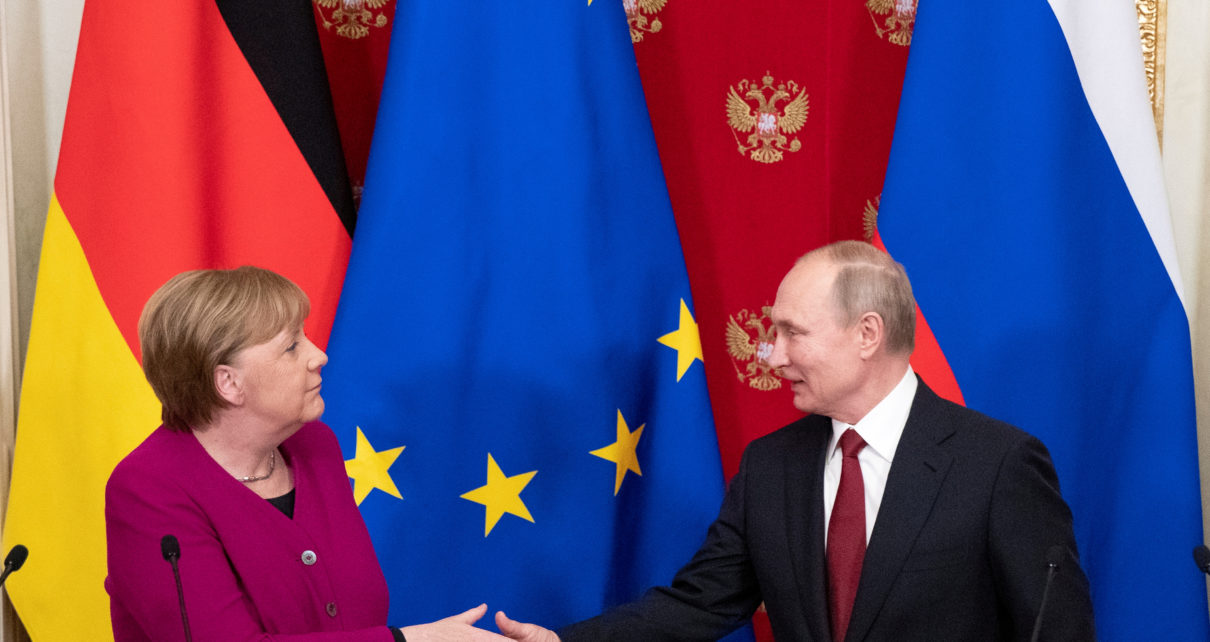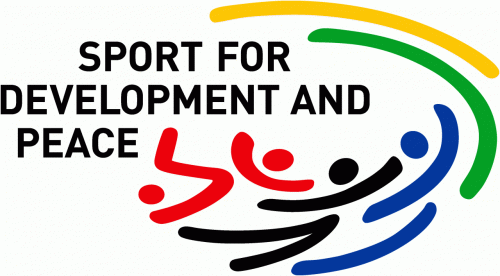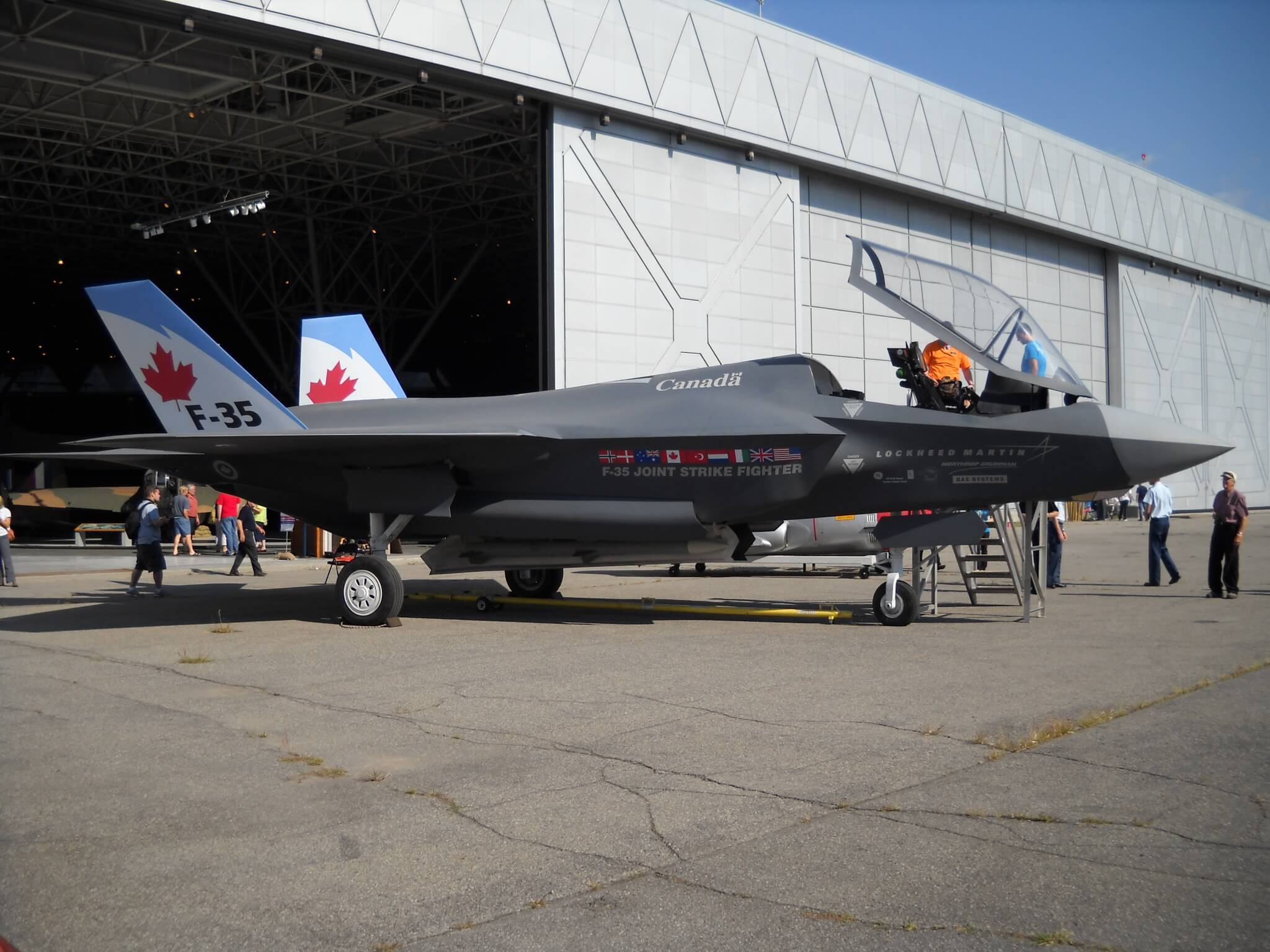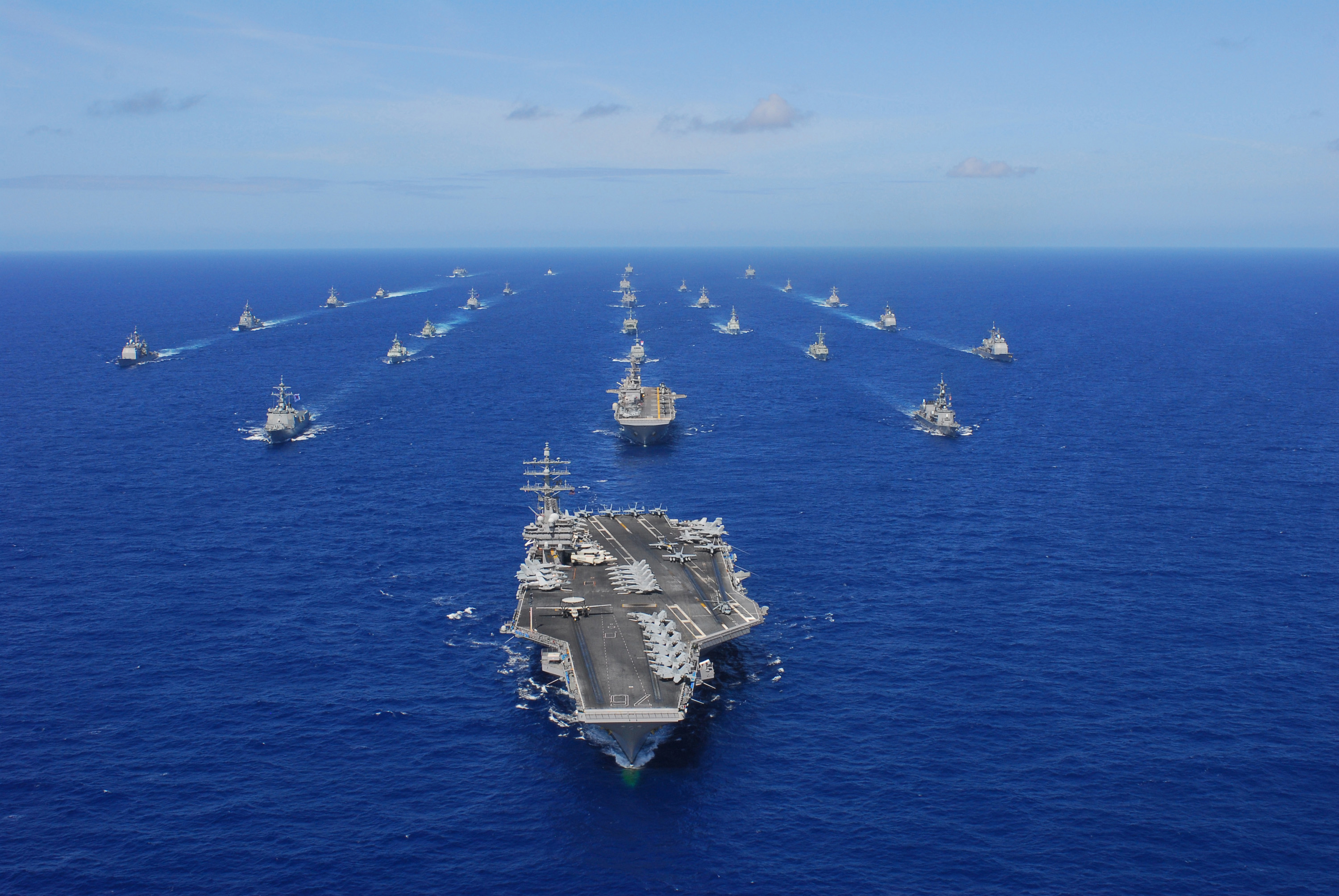Pipelines. How they’ve been on our minds! Keystone XL, Trans-Mountain, Line 5 and the well-named ‘Colonial’ Pipeline. Opposed, cancelled or cyberattacked, each faces controversy capturing public attention. Though essential to our energy needs, their fight for survival – with increasingly climate-conscious governments in North America – looks bleaker day-by-day.
It’s a surprise, then, to learn of the cognitive dissonance over their existence. The locus is across the pond, where Germany and Russia have been constructing the Nord Stream 2 pipeline set in the Baltic Sea. Part of the world’s longest sub-sea energy project, the pipelines will run 1,200 km from Vyborg to Greifswald, ferrying 55 billion m3 of natural gas yearly. With the world’s largest reserves, Russia has long looked to deepen its grasp on Europe’s energy market, which this pipeline ensures – granting it higher capacity and Germany lower costs. In Angela Merkel’s words, the pipeline is “no different” from others, and is crucial to Europe’s energy needs.

Except, however, it is quite different – chiefly, in context. Whereas most of Europe’s gas arrives through land-based pipelines, Nord Stream 2 traverses the Baltic Sea to directly reach Germany, without crossing inter-positioned countries, e.g., Ukraine, Poland, Belarus and Turkey. Though this ‘cuts out the middlemen’ and bypasses controversial regions (where supply could be disrupted), it poses a greater environmental risk. Being sub-sea, a leak’s impacts are far more catastrophic to marine life and equally difficult to contain. Moreover, the project comes at a time when ‘energy security’ – in essence, decoupling Russia from Europe’s market – has been impelled amidst a hostile relationship between both entities. After annexing Crimea, supporting Donbas separatists, electoral interference and cyberattacks, Russia’s cooperation places Germany in polar opposition to NATO, which seeks to mitigate threats. By contrast, Nord Stream 2 stems a new artery for control over the centre of Europe’s economy. Should a conflict ever commence between Russia and the alliance, the former could literally ‘turn off the taps,’ causing economic paralysis and giving Russia massive strategic leverage. This argument is not new, and was seen as a cause for Europe’s incompetence during Crimea’s annexation. Thus, by proceeding, Germany is clearly dissonant from NATO, and tilts the balance of power in a rival’s favour.
The cognitive dissonance gets worse with Joe Biden in the picture. Under his predecessor, the U.S. regularly lacerated Germany for its Russian gas dependency, and Nord Stream 2 was fiercely opposed – with sanctions being imposed in the twilight of Trump’s term. Though Biden’s team initially followed suit, they, too, mirrored Germany’s U-turn last month by dropping the sanctions and rhetoric. Ostensibly for ‘good-faith’ before energy security negotiations, the reversal instead evokes strategic inconsistency in opposition to the project – made effective only by crippling U.S. sanctions – particularly, as it nears completion. The pipeline begins testing this week, and activation this year is a possibility – in flagrant opposition to U.S. interests. Added is the dissonance vis-à-vis climate policy, for the Administration’s effective permission of Nord Stream – despite environmental impacts – contradicts its blockage of TransCanada’s land-based Keystone XL pipeline based on ‘environmental protection.’ To say the decision is puzzling, especially with bipartisan opposition in the U.S. Congress, is an understatement, with Russia now seen as scoring a “major political victory” against NATO.
Such twin-dissonance of the U.S. and Germany – NATO’s two-largest members – gives third-player France’s claim of “brain death” in the alliance some symptomatic credence. These actions pose a burning question: what is Germany thinking? The pressure of allies and domestic opinion – i.e., the German Greens, rising in opinion polls amidst total opposition to the project – has failed to dent its resolve. As NATO’s second-largest economy with paramount E.U. influence, Germany’s motives demand scrutiny. Unaddressed, they may continue damaging alliance unity.
With their stated intention (‘energy security’) being addressed aforementioned, one sees a disturbing pattern with Germany’s position – an attempt to use commerce to prevent war. An integral component of the German Immanuel Kant’s thesis on ‘Perpetual Peace,’ its intransigence reeks the implication of an attempt to bind Europe and Russia by economic ties, hoping that shared financial interests will dissuade conflict. Germany has a well-documented history with such a strategy, underpinning its post-war ‘European project’ – i.e., a common market of hyperlinked economies – to prevent hostility with France. Here, too, the Holocaust’s legacy must be recalled. Fostering a pathological aversion to any militarism by Germany, which forever fears Nazism’s resurgence, this legacy gives the country motive to desperately seek peace at any cost.
Should these truly be Germany’s intentions, it is a monumental security problem. Kant was wrong: just as Germany and Britain traded profusely in the prelude to both world wars, with Russia and Ukraine doing the same in 2014, it is delusional to think that economics prevents aggression. If anything, such ‘peace through trade’ measures defang responses to aggressors, for whom the long-term dividends of conquest are too high an opportunity cost for short-term dollar gains. Even if assumed otherwise, Russia is not like France or other Euro-states where Germany’s strategy seems successful. Whereas Europe is subordinate to German export supremacy, the reverse is true with Russia: supplying ~50% of its gas and lacking other integration that would give Germany countervailing influence. Clearly, Crimea’s lesson hasn’t been learned, and the Germans have merely chosen fiscal convenience at the cost of security.
As for the Holocaust, its legacy, at best, forms a cudgel for inaction (e.g., on burden-sharing), while condemning Germany to impotence. Certainly, history’s lessons must be learned, but like all mature states, Germany mustn’t live in the shadow of its past at the expense of its future. In this regard, and speaking of former Axis powers, it would do well to emulate contemporary Japan, which has become an exemplar in this realm. For despite its atomic reckoning and wartime atrocities – e.g., the Rape of Nanjing, Korean sexual slavery, and widespread abuses of POWs and civilian populations that left millions dead – Japan has remilitarized when necessary: manifest in Shinzō Abe’s attempts at repealing constitutional pacifism and a massive naval build-up. Akin to Japan’s nuclear threats from China and North Korea, Germany faces Russian threats, which a failure to pre-empt will effectively permit. Germany must unshackle itself from the past and jettison the mirage of ‘cooperation’ with rivals, leading Europe holistically as the economic and military hegemon it is well-positioned to be.
Whether Germany chooses maturity over fear, and realism over naïveté, shall depend on the coming Federal Election. With Merkel’s departure, it has an excellent chance to realign itself geopolitically – favouring the environment, economy, Europe, security and NATO allies – by voting for candidates who will cancel the pipeline and pragmatically respond to Russian threats. If not, the dissonance shall continue, with Kissinger even more prescient: “Poor Germany. Too big for Europe, too small for the world.”
Disclaimer: Any views or opinions expressed in articles are solely those of the authors and do not necessarily represent the views of the NATO Association of Canada.
Cover Image: Russian President Vladimir Putin and German Chancellor Angela Merkel shake hands after a joint news conference at the Kremlin in Moscow, Russia (2020) by Pavel Golovkin via Reuters. Open domain.
Map Image: Map of the Nord Stream gas transit system for ‘Why Germany won’t kill Nord Stream 2’ by The Economist. Open domain.




